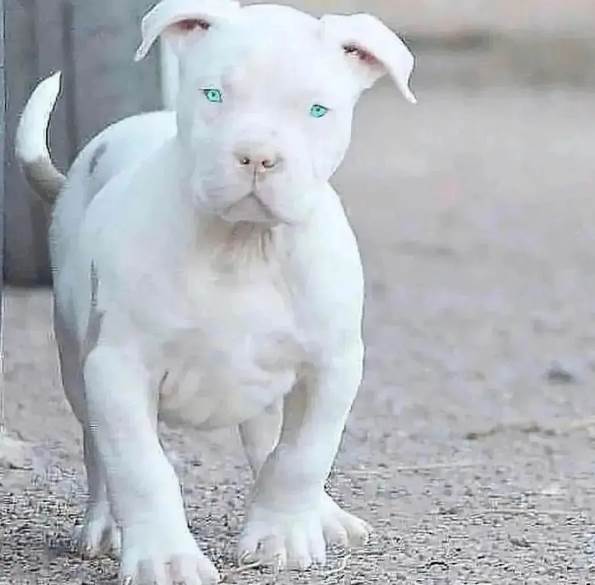

In the heart of New Hampshire, a groundbreaking debate unfolds, highlighting the clash between the charm of certain dog breeds and the ethical considerations of their breeding. At the core of this discussion are the beloved brachycephalic breeds - French Bulldogs, Pugs, and Bulldogs - whose distinct short-nosed features, while endearing to many, have cast a shadow over their health and wellbeing.
The Quest for Legislative Change
Ellen Read, a representative in New Hampshire, has become a beacon for those advocating for the health and welfare of these breeds. She introduced a bill poised to set a precedent in the United States, aiming to restrict the breeding of dogs predisposed to health issues due to their physical traits.
This legislative move seeks to address the inherent breathing difficulties and associated health problems stemming from the deliberate breeding for "cute" brachycephalic features.
The proposal has stirred a complex dialogue about animal welfare, breeding ethics, and the responsibilities of pet ownership. It suggests a shift towards preventive measures, requiring breeders to have their dogs vet-checked for breathing problems before breeding, and imposes penalties for knowingly breeding dogs with serious health issues. This approach, while pioneering in the U.S., echoes steps already taken by countries such as Norway and the Netherlands, which have introduced similar restrictions to protect these breeds.
A Polarized Community
The backlash from purebred dog groups and the American Kennel Club underscores the tension between traditional breeding practices and evolving animal welfare standards. Critics argue that such legislation is extreme, advocating instead for education and responsible breeding practices to alleviate health issues. Yet, proponents of the bill argue that with the breeds' popularity soaring, partly fueled by their portrayal on social media, urgent action is needed to prevent suffering and costly medical treatments for unsuspecting owners.
Bridging the Divide
The debate reveals a broader conversation about the role of breed standards and the potential for reform.
The U.K.'s Kennel Club's revision of the French Bulldog's breed standard to promote better health outcomes illustrates a move towards compromise. However, the entrenched positions of breed enthusiasts and animal welfare advocates indicate a challenging path ahead.
As New Hampshire stands on the brink of potentially historic legislation, the outcome could catalyze a national reevaluation of breeding practices. It serves as a poignant reminder of the responsibilities that come with pet ownership and breeding, urging a balance between aesthetic desires and the health and wellbeing of our beloved canine companions.

